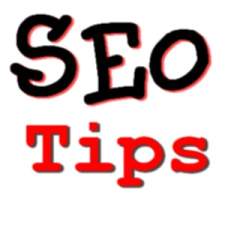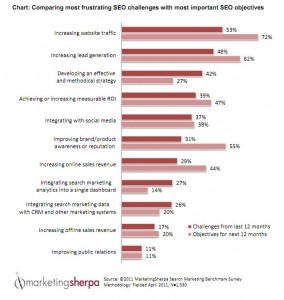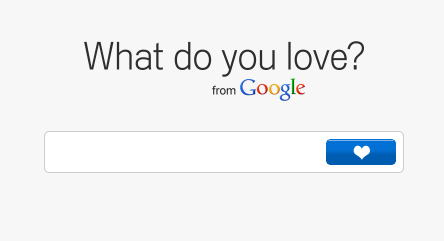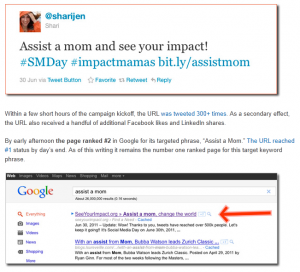What is SEO?
With the inception of the Internet the world is definitely smaller than it was 15 years ago. You can Skype (video conference) with friends on the other side of the world, hear about the latest breaking news as it happens and learn a lot more about a certain subject where you used to browse through an encyclopedia Britannica to find the answers.
The popularity of the internet has also paved a new horizon for businesses. Gone are the days when you’d grab your Yellow Pages and scour through, looking for the right business to fulfil your needs. So what is the new medium of today? Unless you’ve been living under a rock you’d understand it’s … Search Engines.
Please Note – In this article I am going to discuss Google as they are the main search engine that everyone wants to rank in right now (with an 86% global share).
Search Engine Optimisation
Search Engine Optimisation (also known as SEO), is a method that uses a series of different factors to achieve a high rank in the Search Engines. When you adhere to these different factors you can build credibility and influence a websites position in the Search Engines.
These factors are broken into 2 key areas:
- Foundation factors
- Evolving Factors
Let’s explore these 2 factors and gain a better understanding on how each one works.
Foundation Factors
These are a series of key factors that remain the same and are a major component of how your site ranks. If you’ve never actually heard about SEO till now than this may seem a little confusing, but I’ll try to explain it in a way that makes sense.
- On Page – These are adjustments you can make to your physical website that change the way Google sees it. When you make these changes Google can hone down to a particular topic or keyword you’re trying get them to notice. In other words, it let’s Google know what category your site fits into. If you look around you can find out many of these factors, but I’ll share them anyway. These main factors are – The Title, Description, Keyword Tags (this is very, very minor), Use of headlines, body text, bolded text, number of words on the page, domain name and descriptive Url’s. As I mentioned earlier, when you align all of these the right way you are effectively letting Google know what your site is about.
- Off Page – Once you complete the On Page factors it’s generally time to start working on Off Page. If the On Page factors tell Google what your site is about, the Off Page factors determine how credible your site is in comparison to the millions of other sites on your topic. This credibility factor is usually determined via a series of links (or endorsements) back to your site. The more reliable these links determines (in combination with your On Page factors) where your website should rank.
Evolving Factors
These factors (as the name would suggest) keep changing are determined by search engines and where / what they consider to be the best way to rank a site.
Over a decade ago in order to rank a site well on the search engines you would jam a whole lot of keywords on the bottom of your webpage and keyword tag and that would push you up to the top. As you would expect, people took advantage of this and started keyword stuffing their sites to rank well. In reaction to this the major search engines at the time changed and they began to dismiss (and sometimes penalised sites) when they keyword stuffed. This has evolved where Google now uses algorithms (a series of Formulas) to determine how a site should rank.
As of right now a few of the evolving factors Google are using to rank a website include:
- Social Media – links back from Facebook and twitter. These are called mentions
- Geographical Location of your website – If your website is hosted in the city you service, it will add credibility to your website and as a result your ranking
- Aged Domains – Old websites that have been around for a long time that have certain trust factors associated with them
- Style of Link – The way Google measures the type of Link or Endorsement you send back to your site is constantly changing.
Evolving factors usually occur as a reaction to the marketplace and to stay ahead of the dodgy people that try to cut corners or find the loophole.
So SEO important? It depends on how you look at it. If you’re looking at finding new clients and growing your business then you need to ask where you can go to get that business. The Internet is more used than Television, Radio, Newspapers and any other medium of communication available today.
More people use search engines than Yellow Pages, or any of the mediums mentioned above to research and find a product or service. Also, SEO gives the little and medium sized guys a chance to compete with big guys.
Well … You Decide.







